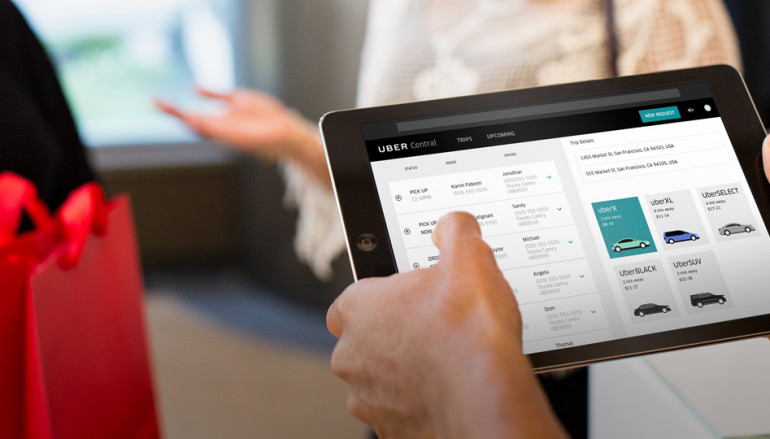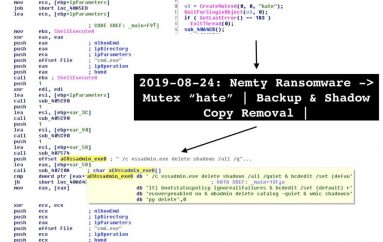
Flaws in Uber’s UberCENTRAL Tool Exposed User Data
Several vulnerabilities have been identified in Uber’s recently launched UberCENTRAL service. The ride-sharing company patched the flaws and rewarded the expert who found them.
Announced in late July, UberCENTRAL provides a dashboard that companies can use to pay for Uber rides on behalf of their customers. UberCENTRAL administrators can add operators (i.e. employees who request rides for customers) based on their email address.
Since the rules of Uber’s bug bounty program specifically mention enumeration issues, bounty hunter Kevin Roh decided to see if such flaws are present in UberCENTRAL. Uber is particularly interested in vulnerabilities that can be used to enumerate users’ universally unique identifiers (UUIDs) via phone numbers or email addresses as these can allow insecure direct object reference (IDOR) attacks.
One of the flaws discovered by Roh allowed attackers to enumerate user UUIDs by sending requests with possible email addresses. If the email address is associated with an account, the response from the server will include the user’s UUID. If the email address is not valid, the response will contain an error.
While the second issue identified by the expert is similar, the third security hole he found could have been exploited to obtain not only UUIDs, but also full names, phone numbers and email addresses.
These issues were reported to Uber in September and October, and they were patched in October. The company awarded Roh hundreds of dollars for each of the vulnerabilities, but the exact amounts have not been disclosed. Roh is one of the top hackers in Uber’s bug bounty program.
The company says it has paid out more than $700,000 so far, with the average bounty ranging between $750 and $1,000. A researcher earned $10,000 this summer after informing Uber of a critical flaw in a third-party WordPress plugin used on the company’s websites.
Researchers from security consulting and audit firm Integrity informed Uber of 14 flaws, including ones that could have allowed attackers to access the details of Uber drivers and passengers.
Source | securityweek





